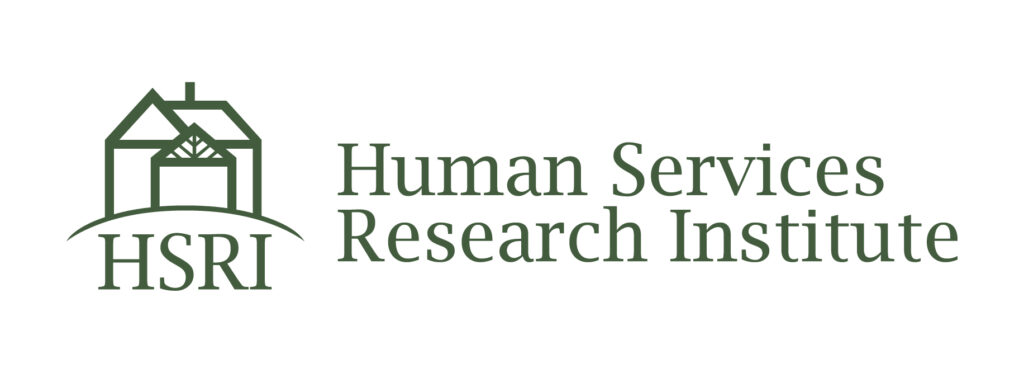



Opportunity
Assisted Outpatient Treatment or AOT, also known as Kendra’s Law, is a system of civil commitment that mandates mental health services for people who have been determined to be at risk of harming themselves or others. Understanding the impact of AOT is a priority for state and local policymakers and the communities they serve. The New York State Office of Mental Health (OMH) has partnered with HSRI and the University of Pittsburg’s PathLab (project partner) to evaluate AOT policy and outcomes across the state. The evaluation will explore:
- The AOT system and processes: petition initiation, court hearings and procedures, mandated services, and oversight teams
- Linkages between the AOT system and other health and social services systems including healthcare, housing, criminal legal, aging, and disability
Approach
Description of Study Team
Human Services Research Institute (HSRI) is a mission-driven organization that provides research and technical assistance to responsively develop and shape health and human service systems.
PathLab at The University of Pittsburgh is led by lived experience researcher Dr. Nev Jones. PathLab focuses on understanding the experiences of people labelled with serious mental illness and their families across systems of care.
Evaluation Questions
- What is the purpose of AOT and what does it do?
- How does AOT work in different counties across New York State?
- What are the experiences of people on AOT?
- What types of outcomes are associated with AOT for individuals, families, and communities?
Impact
In 2024 and 2025, the evaluation team will:
- Talk with people under AOT orders and their loved ones about their experiences with court processes and services
- Meet with behavioral health leaders, mental health advocates, service professionals, and system administrators to learn about how AOT is used in counties across the state
- Examine data on community characteristics, service, and system quality
- Engage people with lived experience of AOT to integrate community feedback throughout the evaluation
Preliminary results will be available to the public in mid-2026.
Related resources
New York State Assisted Outpatient Treatment Evaluation (AOT) Study Infographic